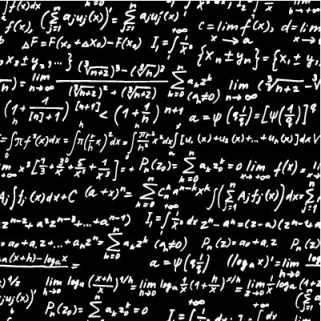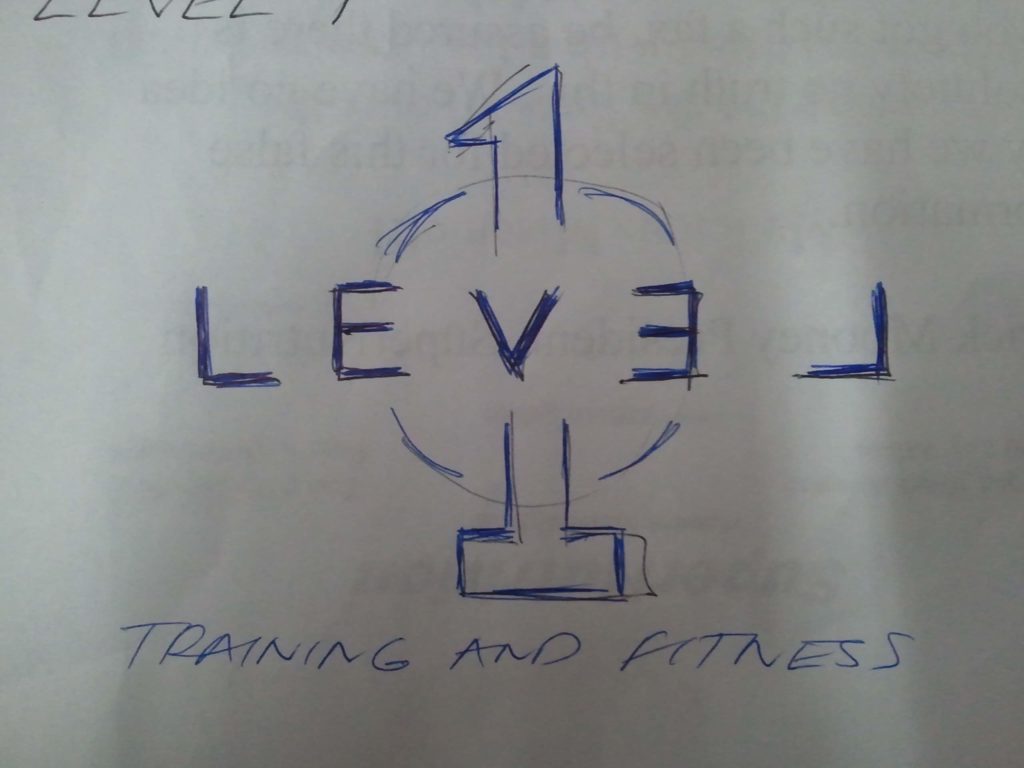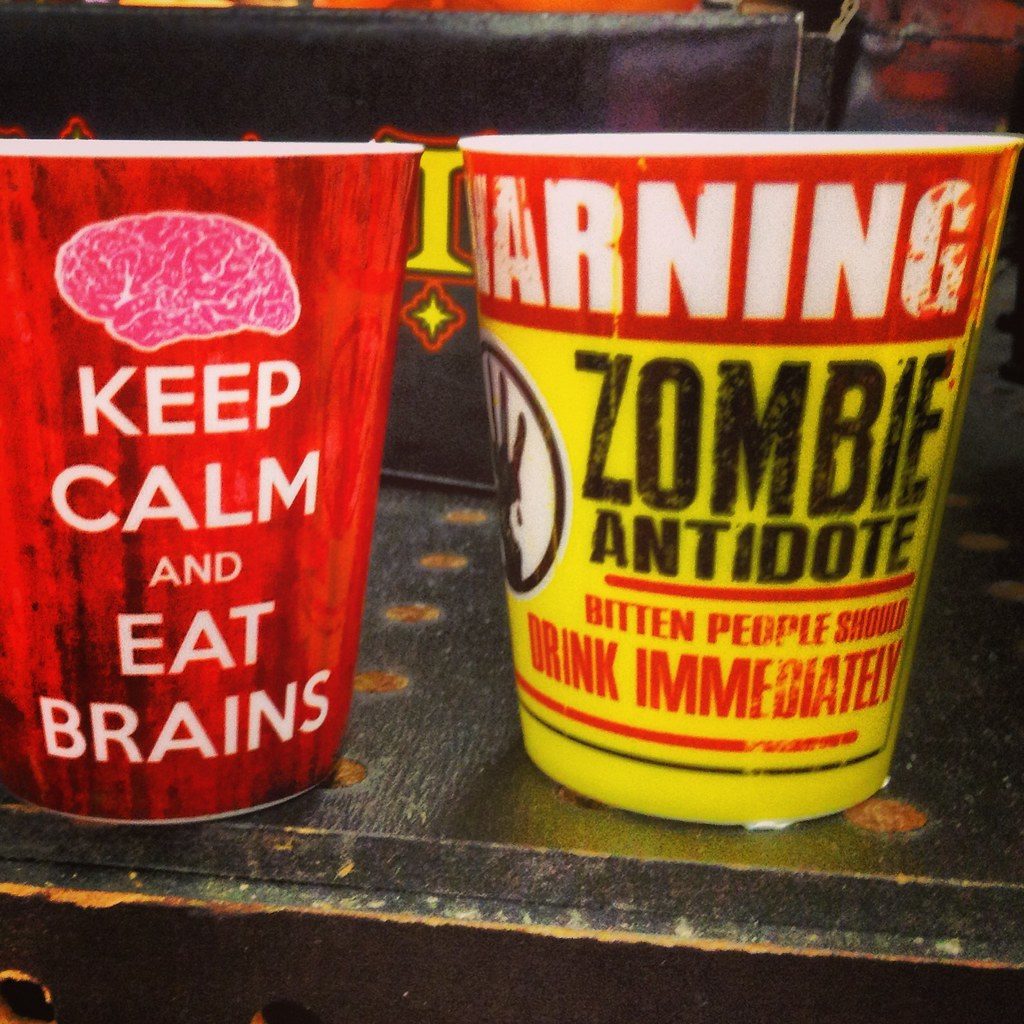(from Level One Training and Fitness, 15 April 2013)
While my clients work hard to get their workouts and nutrition in order to lose weight, I’m getting my workouts and nutrition in order to GAIN weight. At the start of the Challenge, I weighed in at 168 pounds and with a height of 5’10″, my resulting BMI was a healthy 24.2 and a body fat percentage of 12% (error percentage of +/- 4%). Just for comparison, 6 months ago I tipped the scales at a solid 180 pounds. So why am I trying to gain weight with stats like that? Because I can! It’s a healthy challenge, both a mental and a physical one of the likes I have not tried before, to get back to 180 pounds with as minimal fat gain as possible.
To lose or gain weight is really simple mathematics. Calories in = food and caloric beverages you consume. Calories out = energy expended throughout the day, whether or not you’re exercising. Quite simply, if you’re gaining weight, you’re consuming more calories than you require on a daily basis. If you’re losing weight, you’re expending more calories than you’re consuming on a daily basis. In my example, my goal is to gain back a good, lean 12 pounds in 12 weeks. Think it’s easy? In order to achieve that goal, I need to consume in excess of 3000 calories DAILY while maintaining my weekly workout routine (presently 5-6 days of resistance training, 2-3 days of cardio, and 2 days of high intensity interval training (HIIT).)
Virtually every morning, I start off with steel cut oats with some honey. The oats are a good, slow burning, sustained energy carbohydrate while the honey operates oppositely and provides me with a bit of pep. After my morning workout, my shake of choice usually includes some kind of berry, a banana, peanut butter, almond milk, Kefir, and protein powder. Within another 2 hours, I’ll have a good breakfast. Throughout the day, I’ll have a tuna sandwich with 7 or 12 grain bread, some hard-boiled egg whites, brown rice, veggies, and chicken I precook by various means each week. At the end of the day, more chicken, more brown rice, and a very generous serving of spinach salad. All of that food is equal to over 3000 clean calories in a ratio of approximately 50-55% carbohydrates, 30-35% protein, and 10-20% healthy fats.
So how are my clients supposed to do the opposite? Again, to lose or gain weight is really simple mathematics, but where it gets complicated is when you try to figure out where to cut back and by how much. This is part of the reason why I’ve sent my clients to see either a Registered Dietitian or a certified nutritionist to help them get a better handle on their nutritional requirements and to develop some success strategies. I used to tell my clients they needed to create a 500 calorie deficit on a daily basis so that by the end of the week, their total caloric loss would be 3500 which is equal to 1 pound of fat. The challenge lies in the fact we’re assuming the only weight they will lose during the week is strictly fat and doesn’t really take into account calories lost by way of exercise. For example, 1 pound of muscle is approximately 600 calories and if you cut your calories without maintaining a good ratio of carbs, protein, and fats to sustain your body’s daily calorie needs, not only will you lose fat, but conceivably muscle as well.
I like to think that most people would prefer to work “smarter” as opposed to “harder” when it comes to their exercise and nutrition. If you like to work “smarter,” you will realize the importance of proper nutrition and regular exercise and will do what is required to lose weight or maintain a healthy weight. On the other hand if your prefer to work “harder,” well… you may lose the weight, but the odds of the weight returning are greater than if you had worked smarter. This is not to say there is no sense in working hard, but when you combine some research and educate yourself on HOW to properly lose weight WHILE working hard, then you are essentially working “smarter.” Most individuals think incessant, monotonous cardio is the holy grail of weight loss. More power to them. I’m here to tell you that most of those individuals need to combine a good solid resistance training program with cardio and maybe a bit of HIIT if they’re up to the challenge all while planning their meals in advance, exercising discipline, and maintaining focus. (Hey, I didn’t say it would be easy!)
As we begin the third week of the 90 Day Summer Fitness Challenge, I’ve been asked what supplements would be good for health loss. To put it simply, none – just eat real food. I am a whole foods or “clean eating” advocate; very minimal to no processed foods (as shown by my personal menu above), very rare trips to the taco shop or other fast food, and no soda. Some might say my dietary life is quite boring, but I can honestly say that eating properly combined with a rigorous and disciplined exercise routine has permitted me to stay in great physical shape. More importantly, it has allowed me the opportunity to indulge every now and then without feeling guilty or like it’s going straight to my middle.
Now for those on the other end of the spectrum, especially the gentlemen, the two supplements I use regularly are “Athlete’s Food” and “Isobolic,” both by Nutrabolics. Both are technically protein powders with the former carrying more in the way of “greens” and carbs while the latter is more protein-oriented. Occasionally, I’ll have a preworkout drink (“Swollen,” also by Nutrabolics), but I do not rely on it very often to get me through my workouts. (And before anyone asks, I am not sponsored by nor am I receiving any compensation from Nutrabolics. Conversely, I am not endorsing Nutrabolics products. I have tried many a supplement over the years and have been impressed by the quality of Nutrabolics products.) I choose to consume a protein/carb supplement because it’s convenient, easy, and helps me to avoid carrying a mini-fridge with me all day, every day, wherever I go!
Nutrition and supplements can be your friend or they can be your enemy. Fat burners and other metabolic accelerators are all the rage these days, but they are very low on my list of must-haves for my clients. I just don’t believe there is a shortcut to good old-fashioned hard work combined with knowledge. Plus, the supplement market is relatively new and there isn’t a whole lot of research out there to support some of the claims these fat-burning, metabolism-boosting supplements make. The power is within each of us to seek out the knowledge we require in order to achieve the results we desire. Take a little bit of time to do research. Trust me, your world will continue even if you take a short break from it and your findings could astonish you, quite possibly even change your life.




